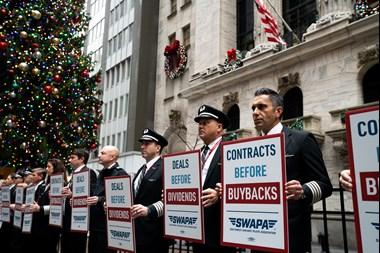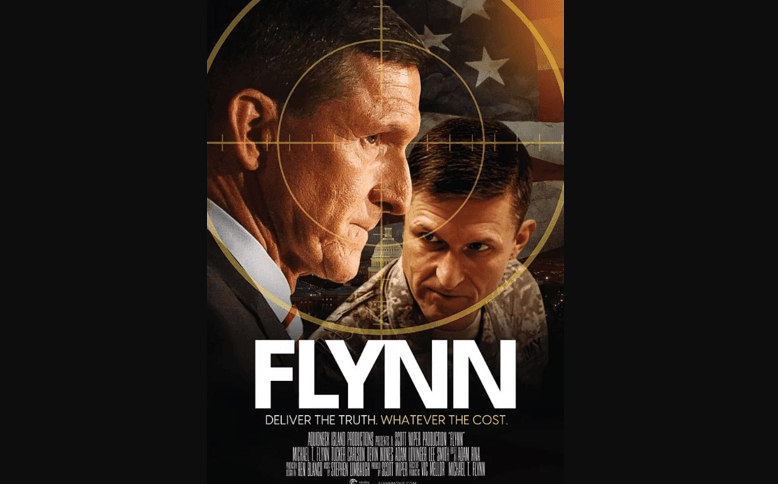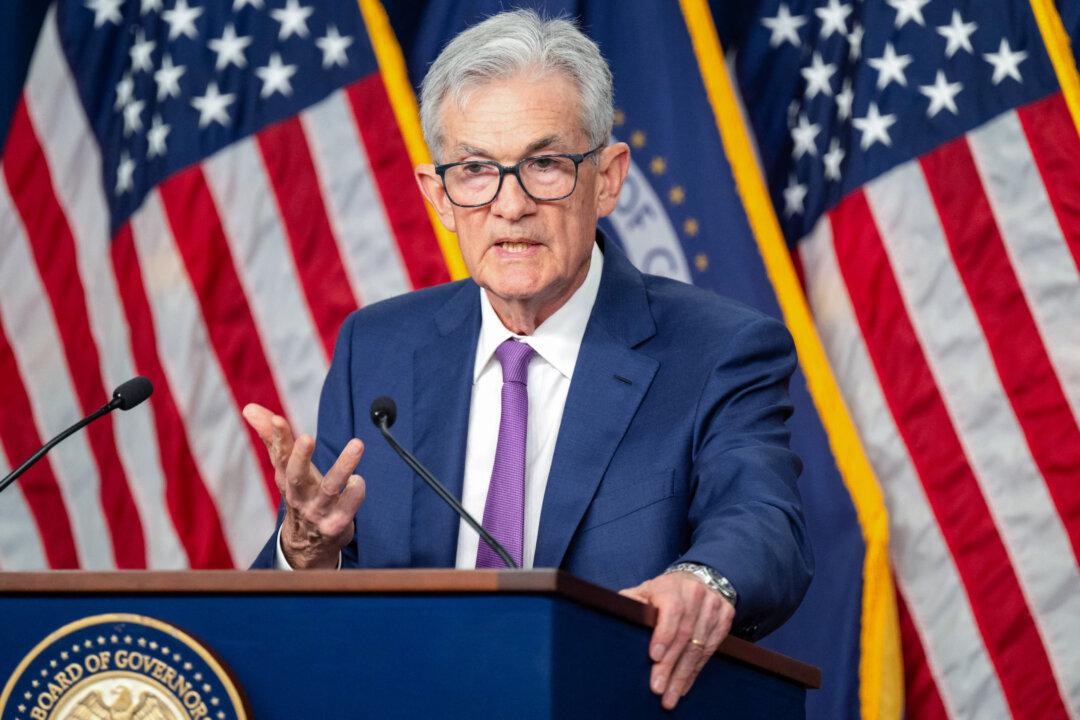Hollywood has been an obsequious vassal to the CCP—or more accurately, CCP censors—for at least 25 years. In trailers for the “Maverick” sequel, eagle-eyed observers noted that actor Tom Cruise’s leather jacket—his father’s—dropped the Taiwan and Japan flag patches that had appeared in the original film, replacing them with indistinguishable patches with a similar color scheme. As noted by Mark MacKinnon of the Toronto Globe & Mail in 2019.
A Tradition of Film Censorship
Nearly every country in the world has had some form of film censorship. “Cinema Paradiso,” the 1988 Academy Award winner for Best Foreign Film that is, itself, a loving ode to film, even satirized the heavy hand of Catholic Church censorship of Italian films of the 1940s and 1950s, when much of the film is set.“...spelled out specific restrictions on language and behavior, particularly sex and crime—two sure-fire box office draws. It prohibited nudity, suggestive dances, and the ridicule of religion. It forbade the depiction of illegal drug use, venereal disease, childbirth, and miscegenation. The language section banned dozens of ‘offensive’ words and phrases. Criminal activity could not be presented in a way that led viewers to sympathize with criminals. Murder scenes had to avoid inspiring imitation, and brutal killings could not be shown in detail. The sanctity of the marriage and the home had to be upheld. Adultery and illicit sex, although recognized as sometimes necessary to the plot, could not be explicit or justified and were not supposed to be presented as an attractive option.”
But unlike most democratic nations in the last 50 years or so, China’s censorship is overtly political—and paranoid—so much so that even broad, oblique, themes that the regime in China deems a threat to its control—like revolution or rebellion—are banned.Hollywood Says ‘Enough’?
It seems now, though, that Hollywood—or at least Marvel Entertainment and Columbia Pictures, a unit of Japan’s Sony—may finally be standing up to CCP censors in China.Conclusion
Increasing political tensions between the United States and China may have caused Hollywood to become less obliging to China’s demands. Moreover, an increasingly engaged and circumspect American public is less willing to ignore China’s brutal repression, especially as Hollywood’s elites criticize American cultural failings while simultaneously ignoring the brutality of the regime in China.But the CCP should be aware that no censorship can ever be total, particularly with the technological resources available on a laptop today.
China will see American films, eventually, whether the CCP allows it or not.
And that’s a good thing. “It’s time to buzz the tower.”





